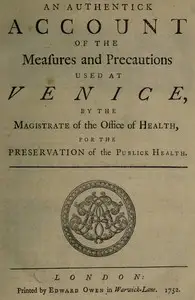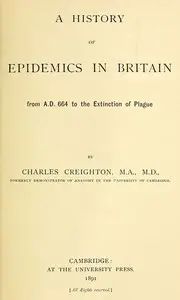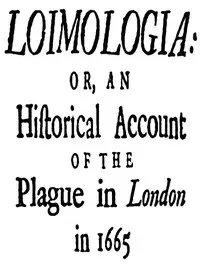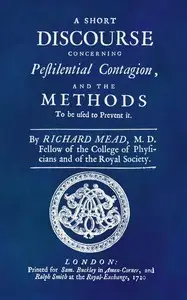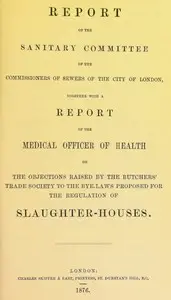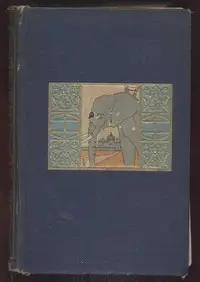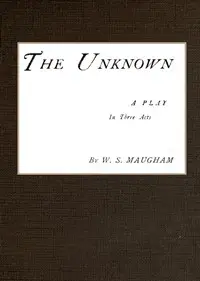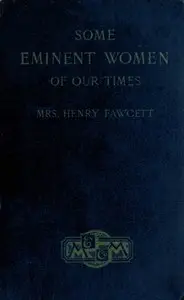"Orders conceived and published by the Lord Major and Aldermen of the City of London" by City of London (England). Court of Aldermen, is a set of historical rules from the 1600s, created to control the plague in London. This book explains how city officials tried to stop the spread of sickness by telling people what to do. It describes the jobs of people like Examiners and Watchmen who had to keep an eye on the sick. People were told to stay away from infected houses, and there were strict rules about burying the dead. The main ideas are about working together and keeping the city clean to fight the plague, showing us what life was like when diseases were a big problem.
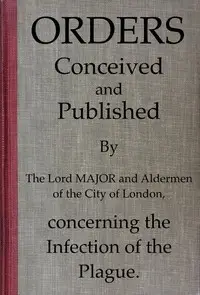
Orders conceived and published by the Lord Major and Aldermen of the City of London, concerning the infection of the plague
By City of London (England). Court of Aldermen
In a desperate attempt to save lives, city leaders commanded strict rules and quarantines, hoping to stop a deadly disease from consuming their home.
Summary
About the AuthorThe Court of Aldermen forms part of the senior governance of the City of London Corporation. It comprises twenty-five Aldermen of the City of London, presided over by the Lord Mayor. The Court was originally responsible for the entire administration of the City, but most of its responsibilities were subsumed by the Court of Common Council in the fourteenth century. The Court of Aldermen meets seven times a year in the Aldermen's Court Room at Guildhall. The few remaining duties of the Court include approving people for Freedom of the City and approving the formation of new livery companies, appointing the Recorder of London and acting as the Verderers of Epping Forest.
The Court of Aldermen forms part of the senior governance of the City of London Corporation. It comprises twenty-five Aldermen of the City of London, presided over by the Lord Mayor. The Court was originally responsible for the entire administration of the City, but most of its responsibilities were subsumed by the Court of Common Council in the fourteenth century. The Court of Aldermen meets seven times a year in the Aldermen's Court Room at Guildhall. The few remaining duties of the Court include approving people for Freedom of the City and approving the formation of new livery companies, appointing the Recorder of London and acting as the Verderers of Epping Forest.


